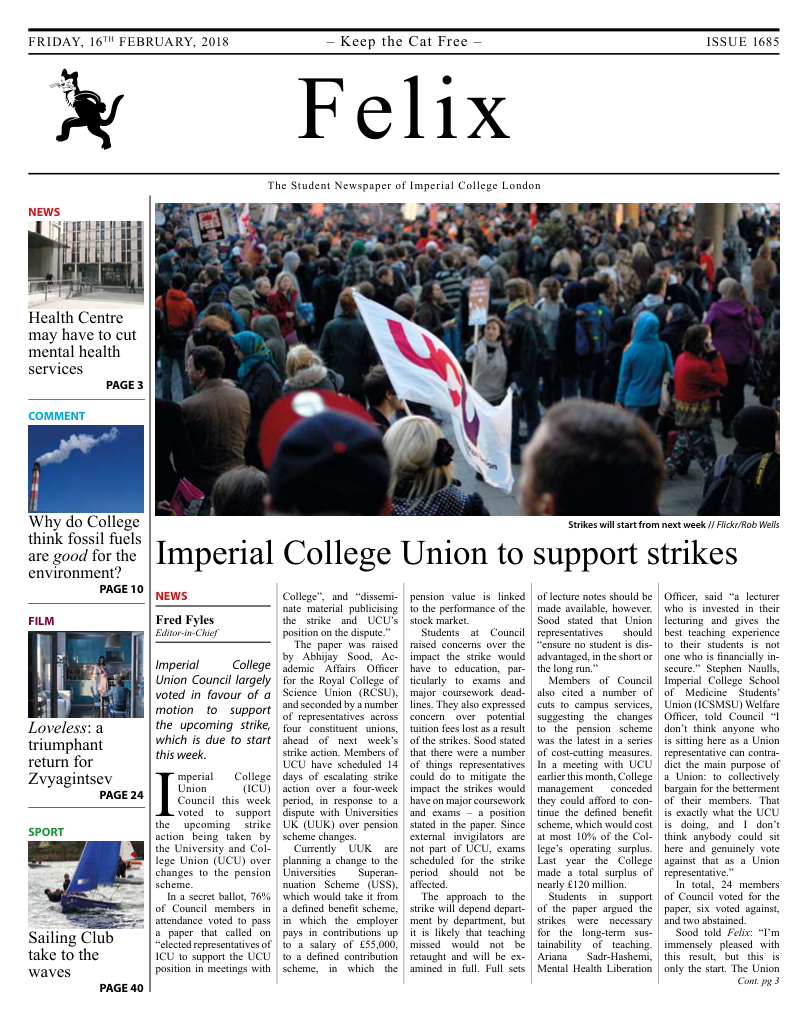Work hard, play harder – how playing can improve STEM subjects
Next time you’re called out for playing video games when you’re meant to be revising, just remember that such games can improve your spatial reasoning skills.

Imperial College London is a science, technology, engineering, and mathematics (STEM) focused university with, sadly, an uneven male to female ratio. However, the imbalance of gender in STEM subjects is not localised to Imperial – this trend can be seen across the globe. Whilst efforts had been made to steer more women into STEM, a new study in the U.S. may hold the key to such a problem.
Simply put, the potential solution is playing games!
A study involving 345 undergraduate students showed that spatial skills are significantly higher in students who played action, construction, or sports video games – the same skills that are relatively higher in STEM graduates.
Such statistically significant results are unsurprising, as STEM subjects often require visualisation and interpretation of graphs, diagrams, and maps. However, a high spatial reasoning score could also be explained by general intelligence. In this study, standardised test scores were used as a proxy for intelligence. Furthermore, each spatial test evaluates a different aspect of the perception of spatiality – for instance mental rotation of objects, and finding hidden items in a large pattern. Thus, the association of intelligence with STEM subjects can be minimised.
“The group suggested schools should introduce more spatial reasoning training to encourage uptake of STEM subjects”
When inspecting the data, researchers discovered that females presented with weaker spatial skills than males overall. Conversely, after adjusting for the frequency at which the students played construction games, the differences disappeared. This implies that women and men are equally good at spatial reasoning on a biological level. However, males tend to have an increased interest in action-based games, thereby developing better spatial skills.
Given the results, the research group suggested that schools should introduce more spatial reasoning training in the classroom to encourage students to take up STEM subjects. Since childhood play has such an important role in developing spatial skills, informal training such as video games and construction-based toys, e.g. Lego, at a young age could be introduced to reduce the gender disparities seen with STEM subjects.
Rest assured, not all hope is lost for grown-ups, as adulthood training can still impact on spatial training. Not only can video games or Lego will help; photography, chess, and origami can also boost visual-spatial abilities!
Nonetheless, while it is common to assume causality, it is unclear of the connection of these events – consequently, we cannot be entirely certain that STEM subjects cause high spatial reasoning, not vice-versa. Nevertheless, it is a cheap and relatively easy implementable intervention that may increase the number of female and male students progressing into STEM subjects. Additionally, next time when you ought to be studying but are side-tracked by gaming, you can claim that you are training your spatial reasoning to ease the guilt!







